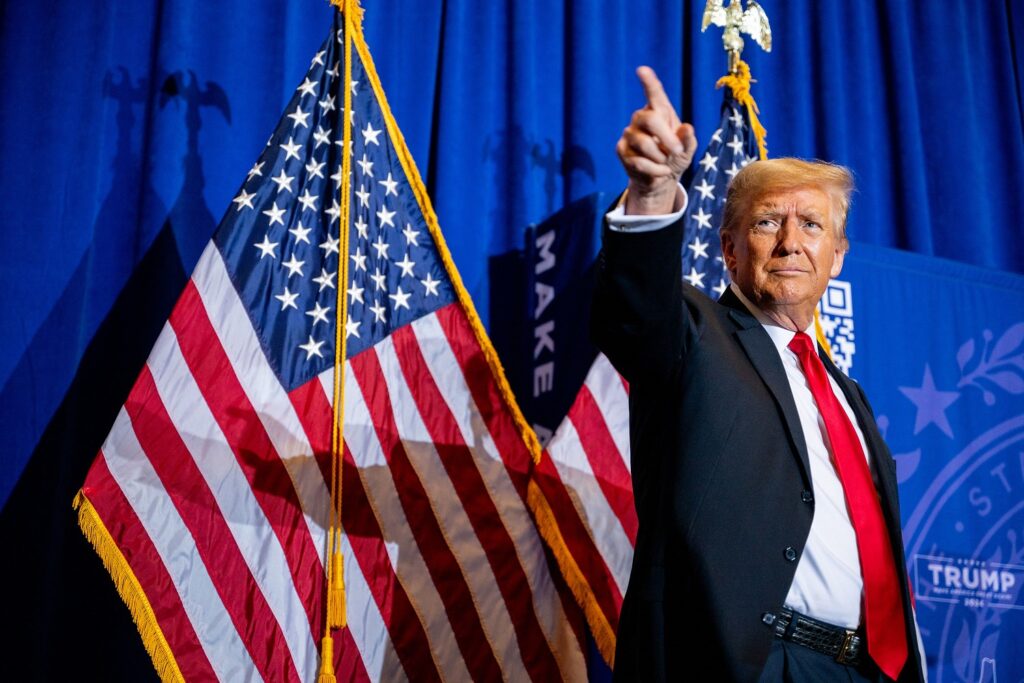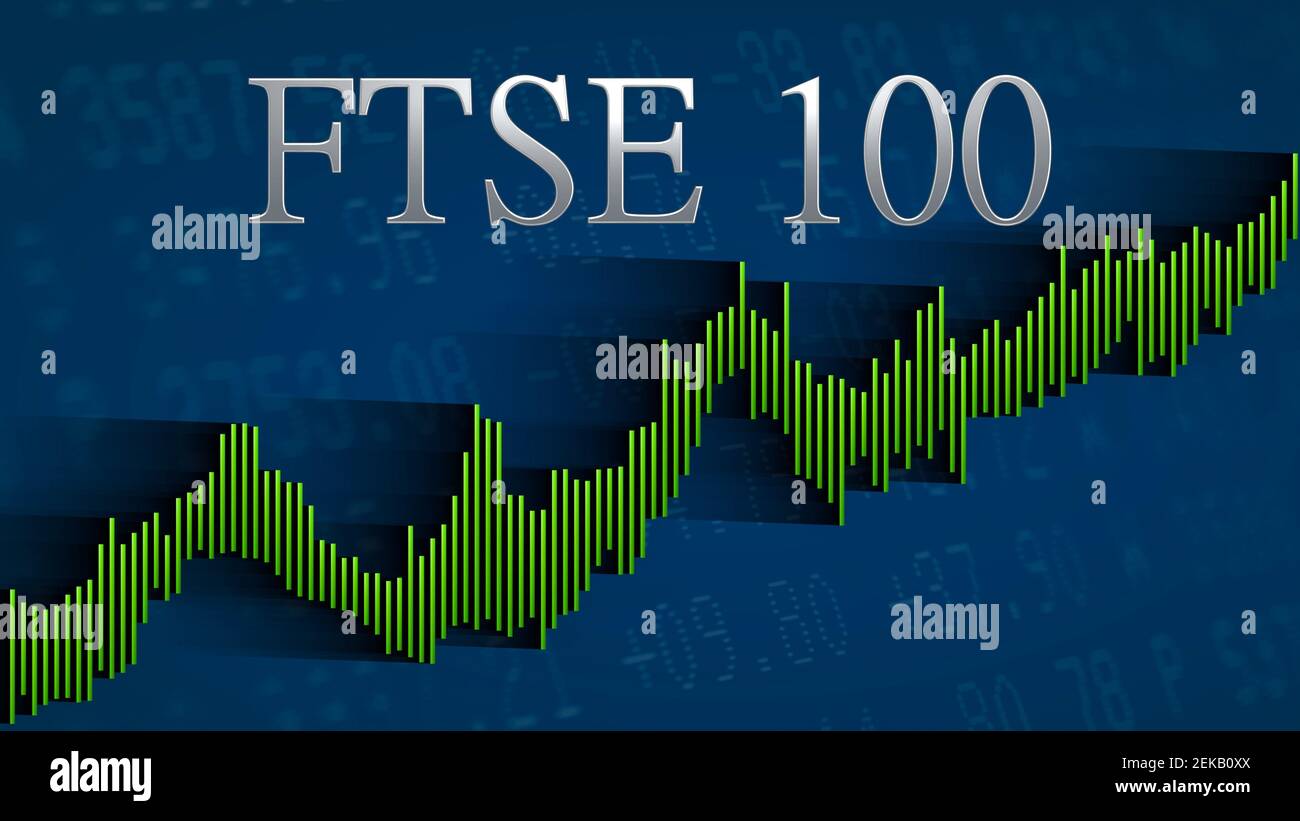
U.S President Donald Trump’s so-called ‘Big Beautiful Bill’ combining unprecedented levels of federal spending with sweeping new tariffs is set to reignite inflation on a global scale, warns Nigel Green, the chief executive of deVere Group, one of the world’s largest independent financial advisory and asset management organizations.
The combined impact of these policies, according to Green, could make the legislation “the most inflationary economic act in over half a century.
“This bill throws open the taps on spending while throttling the flow of global goods. It’s a high-stakes gamble with inflation—and one that the rest of the world will end up paying for.”
The bill, which authorises more than $1tr in additional spending alongside a dramatic hike in import tariffs, is already being described by investors as a potential turning point in the fight against inflation. Economists argue that even during wartime and pandemic stimulus, no modern US administration has simultaneously pursued this scale of deficit expansion and supply suppression.
The tariffs affect over 500 categories of imports, from clean tech to electronics to basic industrial components.
Early estimates suggest that the effective tariff rate on Chinese goods alone could rise from 8% to 17.5%, a move that will inevitably raise costs for manufacturers and consumers alike.
“What concerns us most is that this isn’t just another short-term fiscal boost. It’s a permanent reordering of the trade and spending model,” Nigel Green notes. “That makes it far more dangerous—and far more difficult to unwind once inflation accelerates,” Green stressed.
He is also quick to warn that the after effects of this will stretch far beyond the shores of US, because, he continued, “when the US imports inflation, other economies catch it too. Emerging markets suffer from currency instability. Europe gets higher energy and input prices. And global investors start demanding a premium to hold government debt.”
As if to confirm this, the deVere boss said markets have already begun to respond as expected with long-term bond yields already creeping up, and oil has moved higher. Gold and Bitcoin are not left behind, rising on renewed fears about the erosion of purchasing power.
Meanwhile, central banks that had expected to cut rates this year are now being forced to reassess their positions.
The Fed is cornered, he said, following which “rate cuts now look premature. If anything, this bill could push them to tighten policy again—right at the point the economy can least afford it,” says Green.
Green further warns that investors are underestimating the ripple effects.
“This isn’t business as usual. This is the return of long-term inflation risk—and the pricing of assets, currencies, and portfolios needs to adjust to that reality immediately.”
The political motivation behind the bill, he argues, adds further concern.
“When economic policy becomes an election-year weapon, there’s rarely any incentive to think about consequences. This isn’t about markets or macro stability, it’s about headline wins. And that’s when serious mistakes get made,” he noted.
While some policymakers have defended the measures as necessary to rebuild domestic manufacturing and reduce dependence on global supply chains, Nigel Green says the cost of such an approach is being dangerously downplayed.
It is foolhardy, he says, to think of decoupling “from global trade without triggering price shocks. You can’t print and spend your way into competitiveness; and you can’t load the economy with stimulus and tariffs at the same time without blowing a hole in inflation expectations.
“This bill will be remembered as a turning point. Just not for the reasons its architects think. It likely marks the start of a new inflation cycle, one that investors must now build into decision-making,” e concludes.













